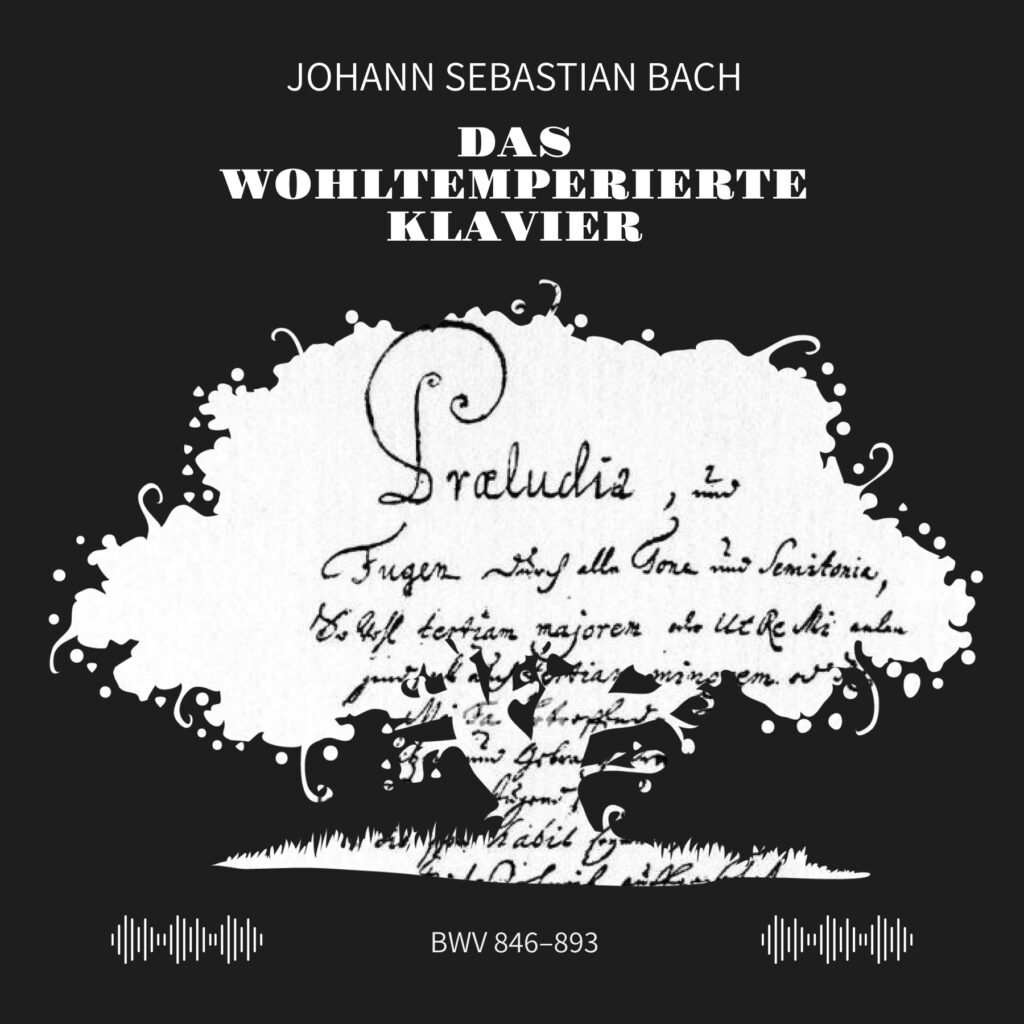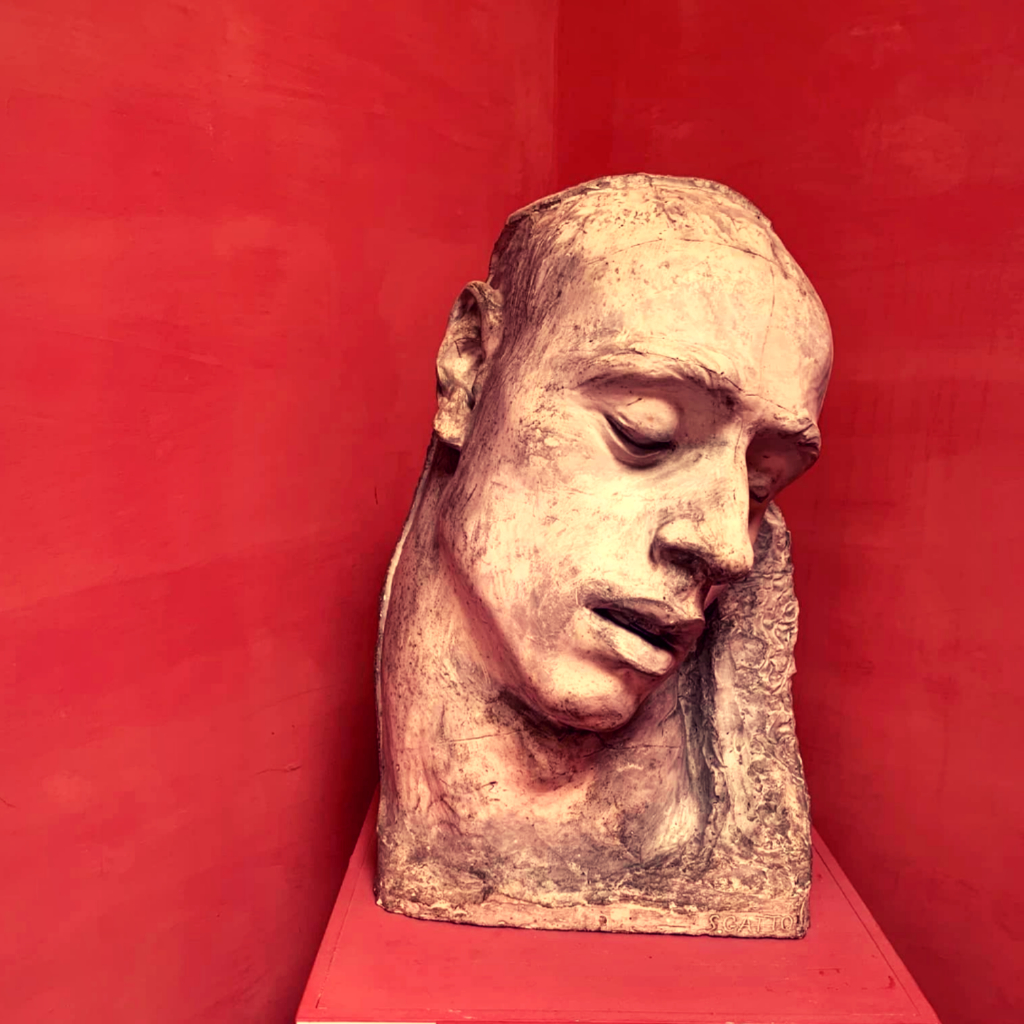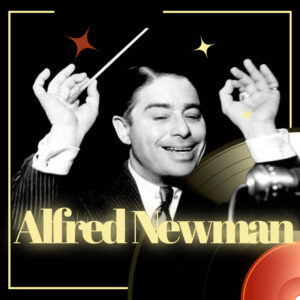
This amazing collection of preludes and fugues (BWV 846-893), the first volume of which celebrates the 300th anniversary, has become the foundation for formation the musical thinking of many of the greatest musicians. Generations of composers have learned the art of counterpoint by playing and studying the Well-Tempered Clavier, two volumes of which contain preludes and fugues in all major and minor keys, totaling 48 pairs.
Beethoven used to practice The Well-Tempered Clavier in all scales. Mozart encountered this book when he was 26 years old, and after that improved his counterpoint technique. Schumann recommended playing one preludes and fugues every day. Chopin’s piano teacher taught his students from these books.
We have collected some of the composers’ quotes about WTK, Bach and his music, which can give an impression of the scale of the genius’s influence on the history of the world musical culture.
The Well-Tempered Clavier is the highest and best school; no one will ever create a more ideal one.
Frédéric Chopin
If ever a composer showed polyphony in its greatest strength, it was certainly our late lamented Bach. If ever a musician employed the most hidden secrets of harmony with the most skilled artistry, it was certainly our Bach. No one ever showed so many ingenious and unusual ideas as he in elaborate pieces such as ordinarily seem dry exercises in craftsmanship.
Johann Friedrich Agricola
At least during his late years, Evans’s favorite keys to play in were A and E. (Bill) Evans greatly valued Bach’s music, which influenced his playing style and which helped him gain good touch and finger independence. “Bach changed my hand approach to playing the piano. I used to use a lot of finger technique when I was younger, and I changed over a weight technique. Actually, if you play Bach and the voices sing at all, and sustain the way they should, you really can’t play it with the wrong approach.” Evans valued Bach’s “The Well-Tempered Clavier” and his “Two- and Three-Part Inventions” as excellent practice material.
(excerpt from Interview with Marian McParland, late 1970s and Bill Evans: How my Heart Sings, p.39 by Peter Pettinger)
Let The Well-Tempered Clavier be your daily meat. Then you will certainly become a solid musician.
Robert Schumann
… The person who crystallized all these ideas for me was Nadia Boulanger, justly recognised as the most celebrated teacher of composition in the twentieth century. When she accepted me as a student in Paris in 1967, she had just turned eighty and was partially blind, but with all her other faculties in tip-top order. Her way of teaching harmony was founded on Bach’s chorales, which she regarded as models of how to establish a beautiful polyphony – with each voice being accorded equal importance while still playing a different role in four-way conversation, now advancing, now retreating: contrapuntally conceived harmony, in other words. She insisted that the freedom to express yourself in music, whether as a composer, conductor or performer, demanded obedience to certain laws and the possession of unassailable technical skills. One of her favourite sayings was ‘Talent [by which I think she meant technique] without genius is not worth much; but genius without talent is with nothing whatsoever.
John Eliot Gardiner (Music in the Castle of Heaven)
Those connoisseurs of the art of harmonizing and composing settings will likewise not withhold their praise when they observe with appropriate attentiveness the very unusual manner my father uses to set up harmony in these settings, the natural flow of the inner voices as well as the bass, are factors which set these chorales settings apart from any others.
C. P. E. Bach
In composition he started his pupils right in with what was practical, and omitted all the dry species of counterpoint that are given in Fux and others. His pupils had to begin their studies by learning pure four-part thorough-bass. From this he went to chorales; first he added the basses to them himself, and they had to invent the alto and tenor. Then he taught them to devise the basses themselves.
C. P. E. Bach
… the late Capellmeister Bach in Leipzig perhaps excelled all the composers in the world; that is why his chorales as well as his larger works are to be most highly recommended to all composers as the best models for conscientious study.
Johann Philipp Kirnberger
When he was asked how he had contrived to master the art to such a high degree, he generally answered: “I was obliged to work hard; whoever is equally industrious, will succeed just as well.
Johann Nicholas Forkel
The name of Johann Sebastian Bach radiates supremely and sublimely above those of all German composers in the first half of the past century. He embraced with Newton’s spirit everything that has hitherto been thought about harmony and that has been presented as examples thereof, and he penetrated its depths so completely and felicitously that he must be justly regarded as the lawmaker of geniuine harmony, which is valid up to the present day.
Christian Friedrich Daniel Schubart
What Newton was as philosopher, Sebastian Bach was as musician.
C.F. Daniel Schubart
… the creator of harmony: Johann Sebastian Bach -greatest harmonist of all times and nations …
Johann Friedrich Reichardt
Now there is music from which a man can learn something.
W. A. Mozart (on hearing Bach motets in Leipzig)
No one has surpassed him (Bach) in thorough knowledge of the theory and practice of harmony.
Friedrich Wilhelm Marpburg
Bach is a colossus of Rhodes, beneath whom all musicians pass and will continue to pass. Mozart is the most beautiful, Rossini the most brilliant, but Bach is the most comprehensive: he has said all there is to say. If all the music written since Bach’s time should be lost, it could be reconstructed on the foundation which Bach laid.
Charles Gounod
Zelter reports in a letter to Goethe how his singers loved to perform the (Bach) motet Singet den Herrn, and when Mozart heard the same work in 1789 in Leipzig ‘his whole soul seemed to be in his ears’ (Rochlitz).
Karl Geiringer (Johann Sebastian Bach – The Culmination of an Era, p.182)
He should be called not Bach [‘brook’] but Mer [‘sea’] on account of his endlessly inexhaustible wealth of musical ideas.
Ludwig van Beethoven
I believe that Bach’s solo works for violin are perhaps the greatest example in any art form of a master’s ability to move with freedom and assurance, even in chains.
Ludwig van Beethoven
Music owes as much to Bach as religion to its founder.
Robert Schumann
Bach is Bach, as God is God.
Hector Berlioz
Study Bach. There you will find everything.
Johannes Brahms
O you happy sons of the North who have been reared at the bosom of Bach, how I envy you.
Giuseppi Verdi
If Beethoven is a prodigy of man, Bach is a miracle of God.
Gioachino Rossini
Bach is like an astronomer who, with the help of ciphers, finds the most wonderful stars.
Frédéric Chopin
And if we look at the works of JS Bach – a benevolent god to which all musicians should offer a prayer to defend themselves against mediocrity – on each page we discover things which we thought were born only yesterday, from delightful arabesques to an overflowing of religious feeling greater than anything we have since discovered. And in his works we will search in vain for anything the least lacking in good taste.
Claude Debussy
Bach is the beginning and end of all music.
Max Reger
Bach is thus a terminal point. Nothing comes from him; everything merely leads to him.
Albert Schweitzer
I had no idea of the historical evolution of the civilized world’s music and had not realized that all modern music owes everything to Bach.
Niccolai Rimsky-Korsakov
To me the Chaconne is one of the most beautiful, incredible compositions.
Johannes Brahms
On one staff, and for a small instrument, this man pours out a world full of the most profound thoughts and powerful emotion.
… the most stupendous miracle in all music!
Richard Wagner
Recognition of human excellencies its highest form, knowledge of the path that leads to it, the necessary done with dutifulness and driven to that point of perfection where it outgrows all necessity—this knowledge is the most precious inheritance given us with Bach’s music.
Paul Hindemith (Johann Sebastian Bach: Heritage and Obligation, pp. 28-29)
Bach is the supreme genius of music … This man, who knows everything and feels everything, cannot write one note, however unimportant it may appear, which is anything but transcendent. He has reached the heart of every noble thought, and has done it in the most perfect way.
Pablo Casals
Practice the Chaconne every day but don’t play it until you are 50 years old.
Andrés Segovia
… I admit it’s a habit. He (Bach) has given me such joy that I try to bring something of that joy to others. And there are books you cannot read just once. Those are the books that form a part of my programme. I believe that a musician must know the two volumes of the Well-Tempered Clavier inside-out, and if possible a good many of the cantatas. I try to pack them into my pupils at all costs. It would seem a bit odd to me if someone had never read the Bible.
Nadia Boulanger
If one were asked to name one musician who came closest to composing without human flaw, I suppose general consensus would choose Johann Sebastian Bach.
Aaron Copland
When I am not on the road I try to play though a piece from the Well-Tempered Clavier every morning.
Uli Jon Roth



